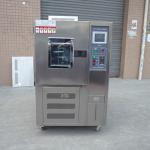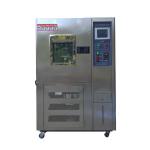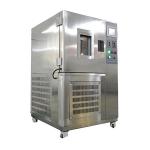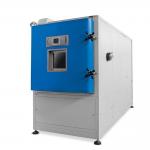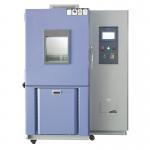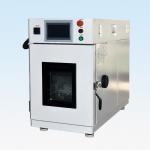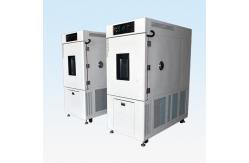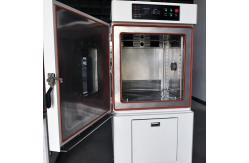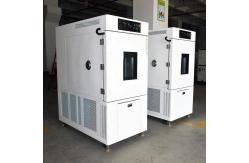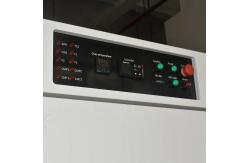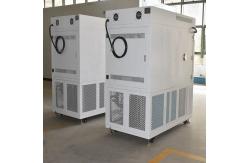In the aerospace industry, the reliability and performance of
flight control components and fuselage coatings are of utmost
importance. These elements play critical roles in ensuring the
safety and functionality of an aircraft. A Constant Climatic Test
Chamber designed specifically for flight control components and
fuselage coatings is an invaluable asset. This chamber allows
aerospace manufacturers, researchers, and quality control
professionals to subject these components and coatings to a wide
range of controlled environmental conditions, mimicking the harsh
and variable conditions they will encounter during flight.
The Constant Climatic Test Chamber for flight control components
and fuselage coatings is engineered to meet the unique testing
requirements of these aerospace elements. Flight control
components, such as ailerons, rudders, elevators, and their
associated actuators and sensors, need to function flawlessly in
various weather conditions and altitudes. Fuselage coatings, on the
other hand, protect the aircraft's body from corrosion, erosion,
and the effects of different environmental factors.
The primary purpose of this test chamber is to simulate the diverse
environmental conditions that flight control components and
fuselage coatings experience during an aircraft's lifespan. This
includes extreme temperatures, high humidity, ultraviolet (UV)
radiation, and rapid temperature changes. By subjecting these
components and coatings to these controlled conditions,
manufacturers can identify potential weaknesses in design,
materials, and manufacturing processes. This information can then
be used to improve product quality, enhance reliability, and ensure
that these components and coatings can function optimally in all
flight conditions.
- Wide Temperature Range
- The chamber is capable of achieving a broad temperature range,
typically from - 60°C to + 150°C. This wide range is essential as
flight control components and fuselage coatings can experience
extremely low temperatures at high altitudes and relatively high
temperatures during ground operations or in hot climates. The
temperature control is highly precise, with an accuracy of ±0.1°C.
This precision allows for accurate replication of specific
temperature conditions that these components and coatings may
encounter in real - world scenarios, ensuring reliable test
results.
- Accurate Humidity Regulation
- Humidity levels within the chamber can be precisely regulated from
10% to 95% relative humidity. High humidity can cause corrosion in
flight control components and affect the adhesion and durability of
fuselage coatings. Low humidity, on the other hand, can lead to
static electricity issues and potential damage to sensitive
components. The humidity control accuracy is within ±2% relative
humidity, ensuring that the test environment closely mimics the
real - world humidity conditions these components and coatings may
encounter.
- UV Radiation Simulation
